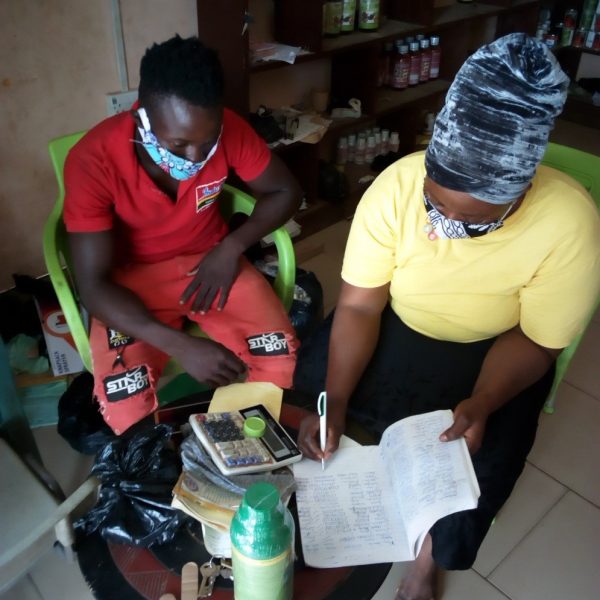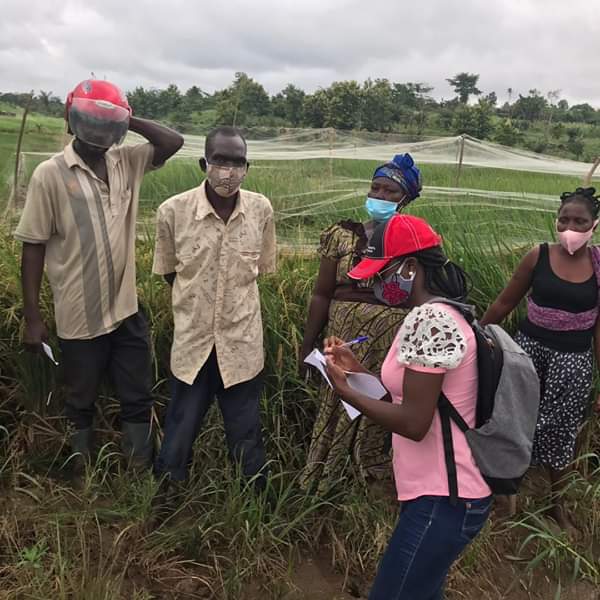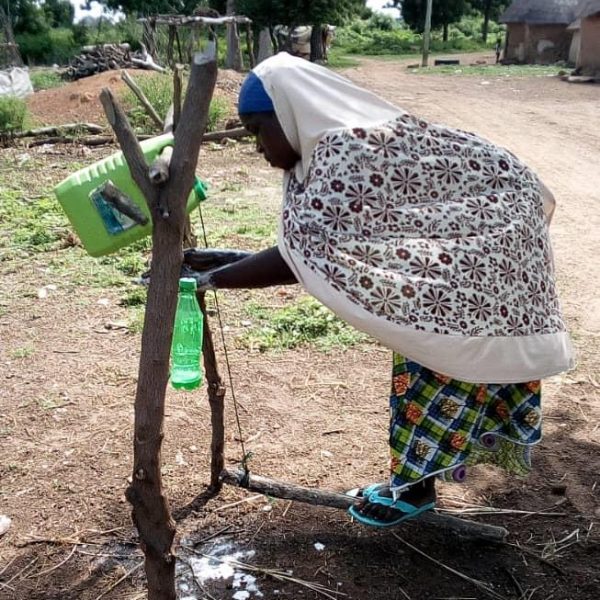David Kennedy, Director General for Economic Development at the British Department for International Development (DFID) has visited the Borimanga Farms near Tamale in the Northern Region of Ghana.
The visit was first hand information on interventions being implemented by the MADE Programme in the livestock sector with funding from DFID.
The Director General and members of his delegation which included officials of DFID Ghana and AgDevCo were conducted round the farm by its owner, Alhaji Prince Mahama, a leading crop and livestock farmer in the Northern Region.
The livestock sector, one of the six markets sectors in which the MADE Programme has designed interventions is a potential source of reliable income for both large and small farmers in Northern Ghana. This realization of this potential is however constrained by the lack of entrepreneurship and investment in the sector.
Addressing the meeting, Mr. Augustine Adongo, the Team Leader of MADE stated that as stakeholders with a common interest in the livestock industry, participants had the motivation to work together to develop the opportunities available in order to bring about the desired change that will provide sustainable benefits and impact. He challenged them to explore the nature of the change required, build a common sense of purpose and agree on an agenda of action to achieve the change.
The Team Leader outlined the role of MADE as a facilitator in the livestock market to comprise, providing the platform for interaction; supporting stakeholders with information for decision-making; assisting with funds where necessary for the achievement of a common good; and using MADE’s influence to leverage resources for actions. He added that the key expectations from the stakeholders were for them to drive the process and to use MADE’s facilitation to catalyze the change in the industry.
The stakeholders identified broad areas that could propel the needed change in the livestock sector. These were the:
- orientation of farmers towards embracing livestock keeping as an business activity
- adoption of good animal husbandry practices including investment in feeding, water, breeding and health care
The stakeholders identified broad areas that could propel the needed The stakeholders also recognized the need for:
- research
- development of livestock products
- establishment of production institutions and policies



